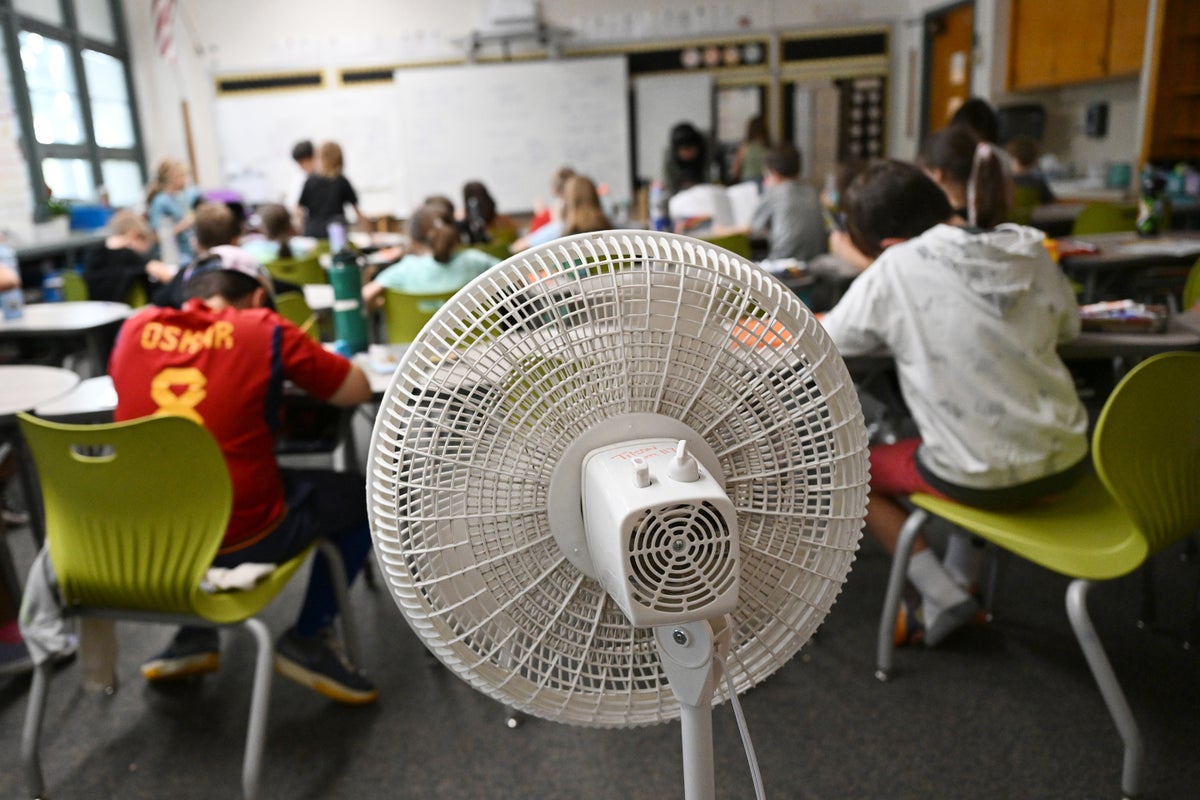As global temperatures continue to rise, an intriguing phenomenon has emerged: an increase in sugar consumption. This trend not only reflects changing dietary habits but also raises significant health concerns that warrant careful consideration.
The correlation between warmer weather and heightened sugar intake can be attributed to various factors. During the hotter months, individuals often gravitate towards refreshing beverages and sweet treats as a means of cooling down and indulging in seasonal delights. Ice creams, sodas, and other sugary snacks become staples of summer picnics and gatherings, leading to a surge in consumption.
However, this seemingly innocuous enjoyment of sweet flavors comes with a caveat. The excessive intake of sugar has been linked to a myriad of health issues, including obesity, diabetes, and heart disease. As temperatures climb, so too does the potential for these health risks to escalate, creating a pressing public health concern.
Moreover, the rise in sugar consumption is not merely a seasonal blip; it reflects broader lifestyle changes influenced by climate. With more people engaging in outdoor activities during warmer months, the demand for quick, convenient energy sources often leads to the selection of sugary options. This pattern, while providing immediate gratification, may have long-term consequences for overall health and well-being.
In light of these developments, it is crucial for health professionals, policymakers, and individuals alike to address the implications of rising temperatures on dietary choices. Public health campaigns should focus on promoting healthier alternatives that can satisfy sweet cravings without compromising health. Education on the risks associated with excessive sugar consumption must be prioritized, particularly as warmer weather becomes a consistent backdrop for increased sugar intake.
As we navigate the relationship between climate change and dietary habits, it is essential to adopt a proactive approach. By fostering awareness of the health risks posed by rising sugar consumption in hotter climates, we can work towards creating a healthier future for all.
In conclusion, the interplay between rising temperatures and increased sugar consumption presents a complex challenge. While the allure of sweet treats during warmer months is undeniable, the potential health implications cannot be overlooked. A collective effort is needed to promote healthier choices and mitigate the risks associated with this growing trend.


















































 English (US) ·
English (US) ·